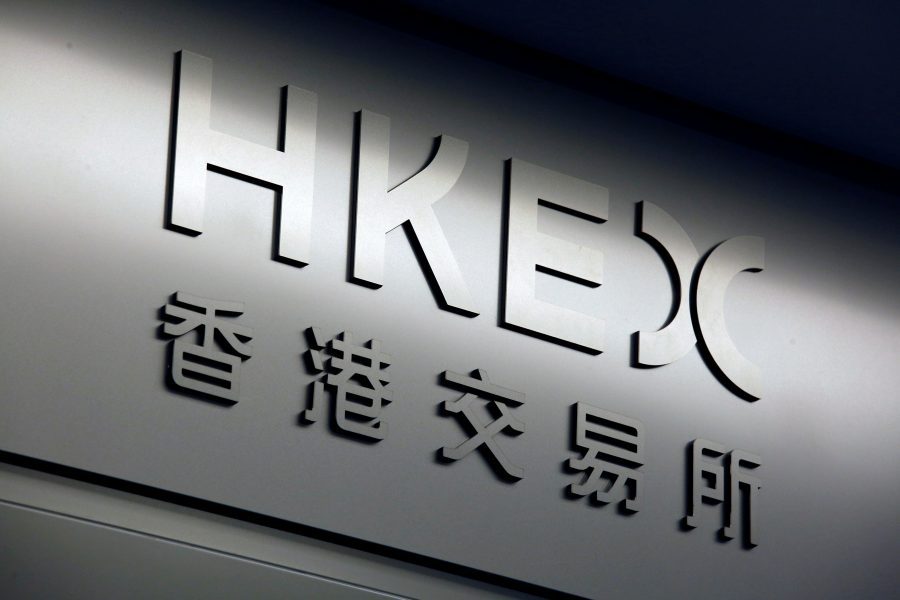China’s economic slowdown and its crackdown on tech companies have been blamed for the dramatic plunge in new stock listings in Hong Kong, which have sunk to a nine-year low this year.
Data from Refinitiv shows that initial public offerings (IPOs) planned in 2022 have plummeted by 90%.
The drying up of share listings in Hong Kong bodes ill for investment banks, who make about a third of their revenue in the region from equity capital market deals, and for the Chinese-ruled territory’s status as a global financial hub.
Only $2.1 billion has been raised this year via IPOs and secondary listings in Asia’s most popular fundraising venue compared to $20.7 billion by the same time last year, according to Refinitiv data – the slowest start to a year since 2013.
ALSO SEE: US Sues Casino Mogul Wynn, Says He’s China ‘Foreign Agent’
‘Applicants Deferring Listings’
“One of the reasons for the IPO market in Hong Kong falling so sharply is the deteriorating financial performance for most of the applicants in the previous financial year, and it is possible that will be the case for the first half of the current year too,” Frank Bi, partner at law firm Ashurst, said.
“Such adverse change effectively delays the application timetable.”
JD Technology, the fintech arm of Chinese e-commerce company JD.Com, is the latest to delay an up to $2 billion Hong Kong IPO because domestic regulatory approval for the deal has not been forthcoming.
And plans by Full Truck Alliance Co Ltd, China’s ‘Uber for trucks,’ to raise $1 billion in a Hong Kong listing this year have been paused as the cybersecurity regulator has yet to announce findings of a probe into the company.
More Chinese companies are expected to either withdraw or delay filings for listing this year as weaker secondary markets are also weighing on investor appetite for new equity offerings, bankers and lawyers said.
Hong Kong‘s Hang Seng Index is down 14.1% in the year-to- date, while the MSCI’s broadest index of Asia-Pacific shares outside Japan is off 14.4%.
“From the investors’ point of view as well, with the markets being unforgiving, any doubts about a listing candidate’s prospects will likely lead to them being more cautious,” Sumeet Singh, an Aequitas Research analyst who publishes on Smartkarma, said.
“On top of the global volatility, China’s Covid lockdowns and tech regulations aren’t very helpful for capital markets.”
In the global listing league tables, bourse operator Hong Kong Exchanges and Clearing’s (HKEX) ranking has dropped to 10th this year from third last year.
“We are confident in the long-term attractiveness of Hong Kong’s markets and are pleased to see a strong pipeline of over 170 active listing applications,” an HKEX spokesperson said.
Fee Drop
The crumbling listing activity could pose a challenge to Hong Kong‘s incoming chief executive John Lee who has promised to maintain the city’s status as a global financial centre.
It also presents a major problem for banks – they earned $33 million in fees for working on Hong Kong IPOs this year, compared to $221 million at the same time in 2021, according to Dealogic data.
Some were optimistic, though, given the city’s strategic importance.
Although the Hong Kong market has been “very wobbly,” the city’s IPO prospects should bounce back once the volatility subsides as it’s an important “venue that bridges China with the rest of the world,” Li He, a partner at law firm Davis Polk, said.
• Reuters with additional editing by Jim Pollard
ALSO SEE:
China Car Sales Bounce Back in May as Covid Curbs Ease
Cryptocurrency More Like Kryptonite, Says Top Fund Manager
























